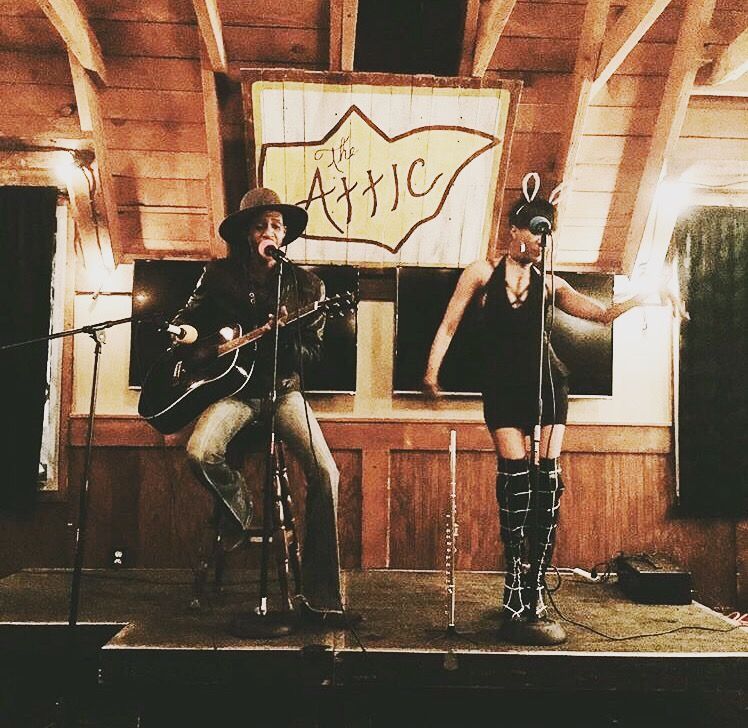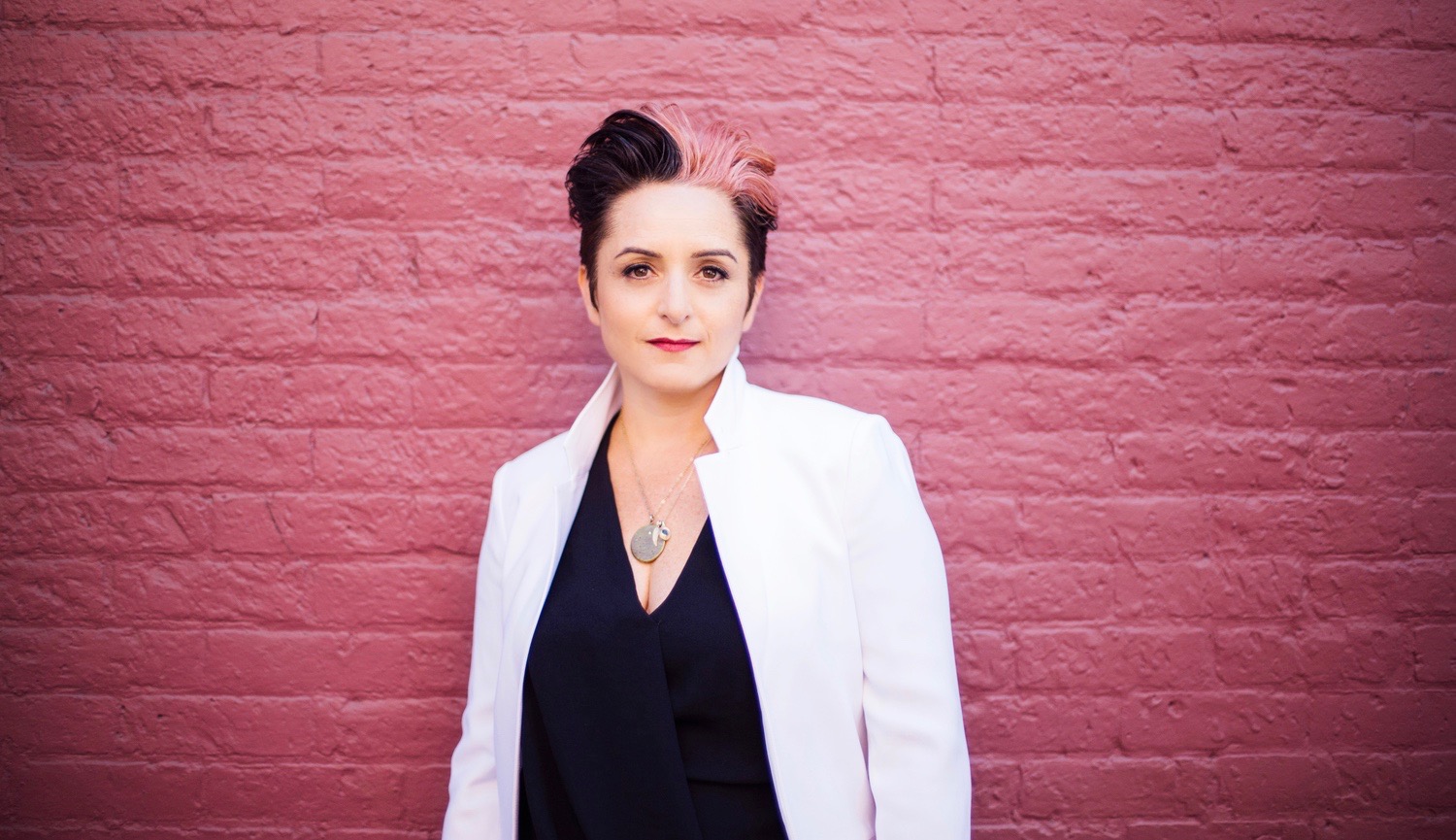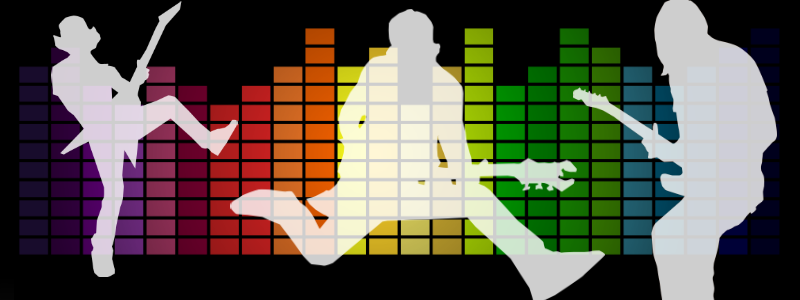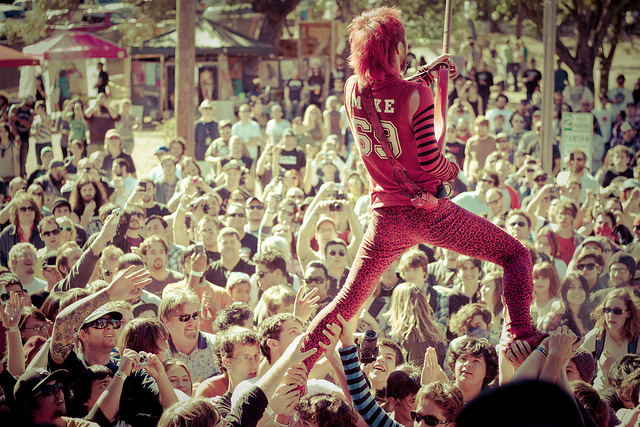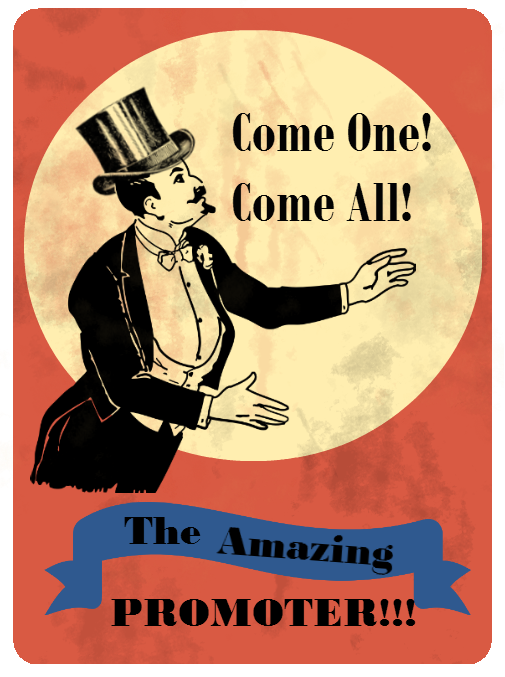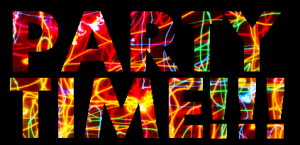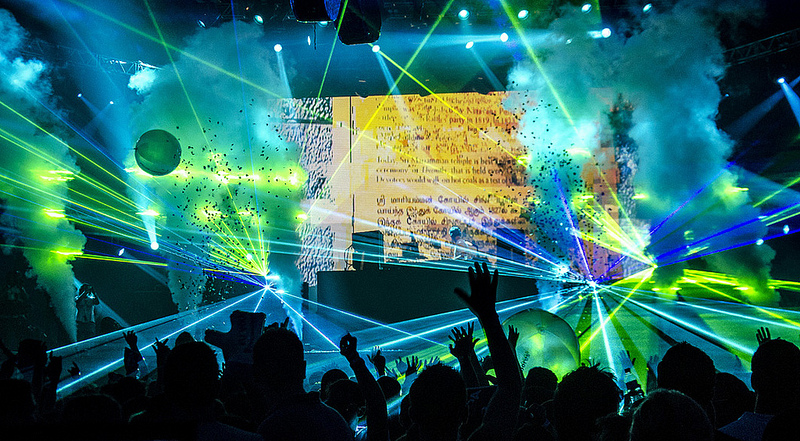It’s not every day when we meet a person who really can say that they’ve traversed every aspect of the music world. Nor is it every day that we meet a person who can say that in addition to their multiple accomplishments all over the music-production spectrum, they have devoted a lot of their life to helping other people. However, I had the privilege of chatting with one such person, by the name of Wendy Parr.
Wendy Parr founded an organization called The Artist’s Circle in order to bring community, networking and multiple modes of support to artists who are otherwise lonely or unsupported in the music world. The Circle hosts many events in which members have the opportunity to connect and learn about each other, make friends, and make connections that give them a leg up in the industry. I wanted to get to know the mind behind the magic:
I was wondering if you could give me a general summary of what it is that you do as a coach and a mentor in the Artist’s Circle?
I’ve been coaching for 27 years, and eventually I just saw – well, for me as a person, I think we’re all here to grow and evolve as human beings, and working with all of the artists, I find everybody going through the same thing alone, and not knowing that there’s other people going through similar things. I tend to be a resource for a lot of people, and I just kind of put it all together that I don’t need to be the only resource and that people can be there for one another, and there is power in community and connection. So, I really started the circle and it took a while to evolve into the format that it is now, that normally works and people are responding to well. Essentially it’s mindfulness work, it’s true networking and it’s a combination of working on the inner work – sometimes we have meditation classes and play improv games. We also do business work, like I have marketing people as special guests, we’ve had an event at rolling stone magazine…So I’m bringing the people that I work with and that I know and the resources that I have, to give people an opportunity to connect with people that they otherwise wouldn’t have been given the chance to connect with. Also, they are really connecting with one another, so there is a strong community where our artists can really be there for one another. Historically, successful artists have had friendships and connections with other artists; it’s how you grow. You encouragement from one another and feedback. People are so often doing their thing and saying, “well where’s my team?” because they don’t have a team yet. And if they have a team, their team is only there to move their career forward. They’re not other artists who can just connect with them and understand them on an artistic level. So this is a three step place for vulnerability and connections and friendship and collaboration as well.
I know you’re a professional coach, but how did you start out in the music world?
I started performing and working when I was eight years old. I was acting, I was doing TV, I did a lot of musicals. By 15 I was performing about 3-4 nights a week in clubs, singing in a jazz trio, things like that. So I started as a performer, and I started studying with my vocal coach. I went to NYU for a minute, but when I came back to LA, my famous vocal coach invited me to be a coach. I said, “I don’t know how to teach!” And he said, “Sure you do. You know how we helped your voice and how you’ve worked your voice to help other people. Help other people while you’re working on your music career.” And at this point, I had already started in college, where my friends – who are all now working as comedians and stuff – they would ask me, “Hey can you show me this thing I want to sing a little bit…” and would say, “Can you help us do harmonies…” So I was already casually doing it for fun, and then I officially started teaching at 20 years old in a studio. But I discovered how much I love it, and that’s really what I am; I’m a coach. It’s not even what I am but rather who I am. If you showed me how a car works, I’d be showing someone else tomorrow.
Was there a specific moment when you realized that that was who you were? Or did it take a bit of time to realize that coaching was where you were meant to be?
It took a little while, because I was still performing and working on my career as an artist, and I did both for a long time, and then I just realized. I love making music – I have a record, I have an EP out, I have a record that i’m still working on – but I just realized that my energy wasn’t going towards “when can I take myself on tour” but more “how can I build my coaching.” You know, when it’s a beautiful day outside you can take the day off, but when someone walks into my door, I say, “Oh my gosh I have so much to show you!” I just realized how enthusiastic I was and how much I loved doing it. And I’m a songwriter, so I write music, I write for others. I sing, I still sing, but I’m not trying to pursue being an artist. But it did take me a while to sort of let go of this dream that I’d had all of my life. I had thought that was just what I was supposed to do. but, it was sort of like a jacket I outgrew. Yeah. So I do all kinds of things with music. I still sing, I sing songs I write, do demos, but I just don’t dream of being a singer anymore.
Let’s diverge for a second. What is the best concert you’ve ever attended?
Prince, Leonard Cohen, Stevie Wonder – those are probably some of the best shows I’ve ever seen. And of course the shows I coach. Seeing the artists I coach is different. Those shows I was talking about were mostly from when I was young and they were very influential. Prince was probably one of the best performers I’ve seen in my life. But, you know when Regina played Radio City Music Hall last year and the year before, I was in tears watching her. I’ve been coaching her for 14 years, and she made me cry with her performance. I certainly don’t take credit for her talent, but I could definitely hear it. It was the first time in my life, you know I’m an adult by this point, I’m 47. But it was the first time that I’ve acknowledged, “Oh, I’ve had an influence there!” And I could hear it; I could hear how I’ve helped her grow. It made me very proud to acknowledge.
So I got the sense that you started the Artist’s Circle because you felt that there was a lack of support within the music industry as far as emotional guidance and networking help. What is the biggest effect that you intend to have with the Artist’s Circle?
I would like to make artists feel more fulfilled as artists, and there’s a few things I think the Artist’s Circle can help do. It can help artists in not giving up and not falling through the cracks before they start their career. We can help artists who are already in the midst of their career and give them a community so that they don’t spiral out. Being on tour is very lonely. Success can be very lonely. I’m really interested in helping people have genuine connections with people that they can really trust and talk to so that the loneliness isn’t as much there. It can also help with tools – tools to help them with the ups and downs in life and in their careers. We teach them tools to feel happier and to be more fulfilled and balanced as a creative artist. Generally speaking, the Circle is where people learn their craft, like “here’s how you do your part.” I was never schooled on that. School doesn’t really prepare you for life. It only teaches you skills, but that’s what this is about. We teach people how to deal with their fears, about why they make the choices they make and how they can make better choices, how to have more community and less competition. I want to help people have a better human foundation. In terms of networking, there have always been music seminar weekends where people would go in hopes to meet people and have luck. It was like the lottery. People would go hoping that something would happen, and they’re all B.S. Nobody actually knows you unless your music is off the charts, and at that point, if your music is off the charts, chances are everybody already does know you, and that’s not how it’s going to happen. So, this is an actual networking experience because we have intimate conversations, so you really get to know someone right away. We give people a space to really get to know one another, connect with one another, and it’s even a space of vulnerability. Real connections happen this way. One guy today told me from the one event we had in Israel – we had one event when I was there – he said, “I’m still getting so much out of that experience. That guy that I met at the circle, we’re still talking, I’m going to London and I’m going to go make music there, so many of the tools that we talked about gave me courage to do things that I’ve wanted to do but haven’t yet.” And that’s just one guy. These people say that the circle gave them courage and support to be able to do the things that they want to do.
Click here to learn more about Wendy Parr and the Artist’s Circle. ALSO, for Gigmor members, there are some special prices available. For gigmorcreative members, you get a $25 ticket ($10 off the explorer ticket) for your first event. Any Acgigmormember will get 25% off of all memberships.

